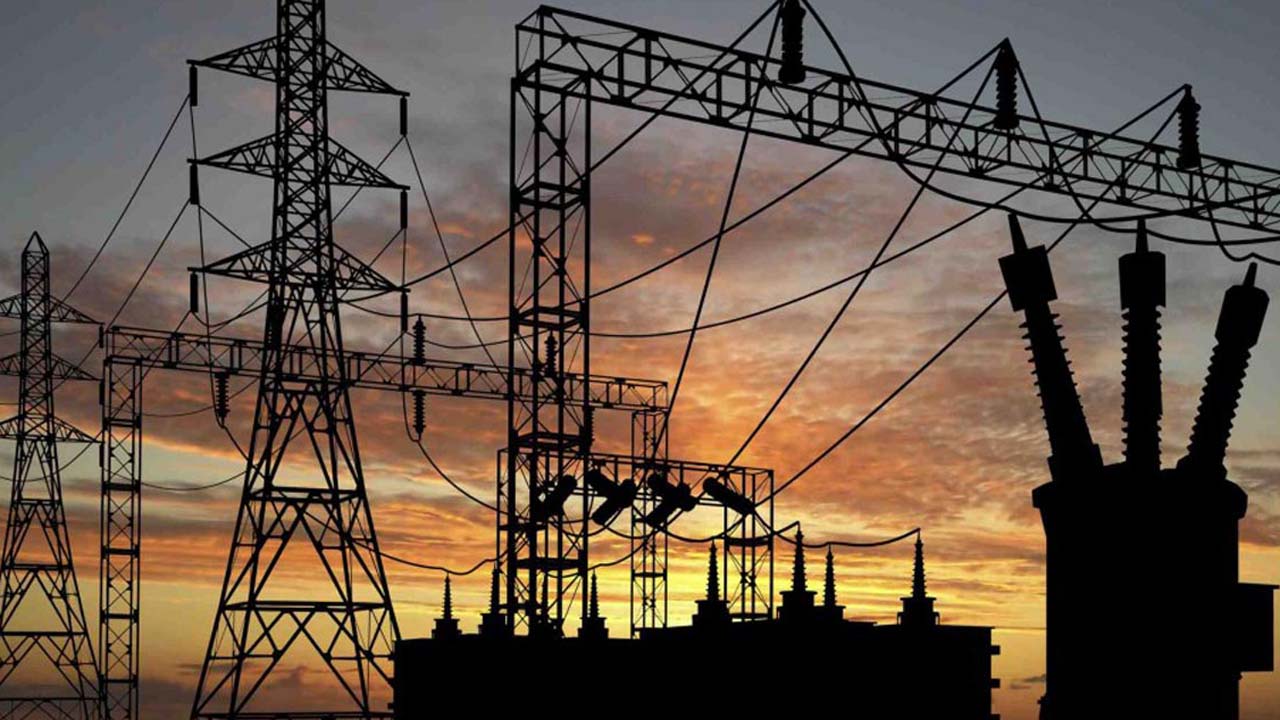Impending Nationwide blackout
GenCos threaten shutdown over ₦5.2tn debt
Summary
- Power generation companies warn of imminent nationwide blackout due to N5.2 trillion debt
- Gas supply already halted, further crippling electricity production capacity
- GenCos say patriotism is no longer enough to sustain operations amid severe financial strain
- Government pledges intervention but fails to follow through on promised payments
Abuja, Nigeria — Nigeria’s electricity generation is on the brink of collapse as power generation companies (GenCos) have issued dire warnings of a potential nationwide blackout due to an outstanding debt of ₦5.2 trillion owed by the Federal Government. The GenCos say they can no longer continue operations under these mounting financial pressures.
The breakdown of the debt includes ₦1.2 trillion incurred in the first half of 2025 for energy already supplied, ₦2 trillion in unpaid 2024 invoices, and ₦1.9 trillion in legacy debt dating as far back as 2015. Despite a budgetary allocation of ₦900 billion for 2025, GenCos say the amount is not cash-backed, leaving a massive shortfall and worsening the liquidity crisis.
The companies have decried the effect of the debt on their ability to operate effectively. They report serious challenges in maintaining power plants, sourcing spare parts, paying for gas supplies, and meeting routine operational costs. Only 9 to 11 per cent of their monthly invoices are currently settled under the “waterfall” payment structure, which they say unfairly prioritises other electricity market players.
Exacerbating the crisis, the Nigerian Midstream and Downstream Petroleum Regulatory Authority (NMDPRA) has directed gas producers to halt supply to GenCos over an unpaid ₦2 trillion debt. This directive, which has been in effect since December 2024, threatens to grind electricity production to a halt.
Although Minister of Power Adebayo Adelabu promised in May 2025 that the government would immediately settle a portion of the debt and clear the rest within six months using financial instruments such as promissory notes, GenCos report that these promises remain unfulfilled as of July.
Adelabu has reportedly escalated the issue to the Ministry of Finance and suggested the introduction of cost-reflective tariffs to reduce reliance on subsidies. Meanwhile, President Bola Tinubu is expected to meet with GenCo leaders in an effort to prevent a total collapse of the sector.
Among GenCos’ demands are the immediate implementation of payment plans, a revamp of the waterfall structure to ensure full payment for their services, payment guarantees backed by institutions like the World Bank or African Development Bank, and access to a dedicated foreign exchange window to manage dollarised operational costs.
In addition to the debt crisis, the GenCos are also grappling with proposed changes in tariff policy. A planned cut by the Enugu Electricity Regulatory Commission would see Band A tariffs drop from ₦209/kWh to ₦160/kWh starting August 1. GenCos warn that the reduction, based on unrealistic subsidy expectations, could destabilise the power sector further.
Stakeholders have described the situation as a “national emergency”. Industry leaders and analysts warn that without immediate and concrete government action, the country could witness a full-scale blackout with severe consequences for homes, industries, hospitals, and national security.
With the GenCos’ patience fast eroding, Nigeria’s electricity future now hangs in the balance.







